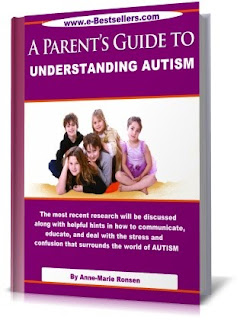Benefits of Occupational Therapy for Autism
Occupational therapists study human growth and development and a person’s interaction with the environment through daily activities. They are experts in the social, emotional, and physiological effects of illness and injury. This knowledge helps them promote skills for independent living in people with autism and other developmental disorders. Occupational therapists work as part of a team that includes parents, teachers, and other professionals. They help set specific goals for the person with autism. These goals often involve social interaction, behavior, and classroom performance. Occupational therapists can help in two main ways: evaluation and therapy. How is occupational therapy useful for evaluation of autism? The therapist observes children to see if they can do tasks they are expected to do at their ages -- getting dressed or playing a game, for example. Sometimes, the therapist will have the child videotaped during the day in order to see how the child intera...
